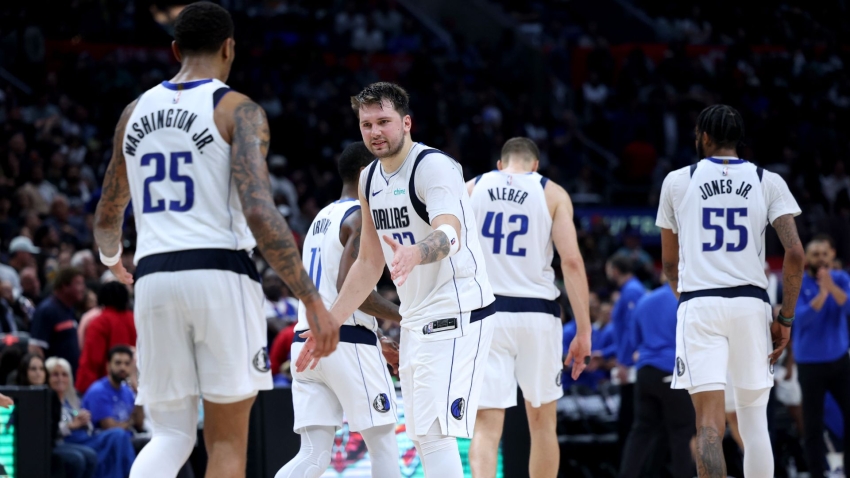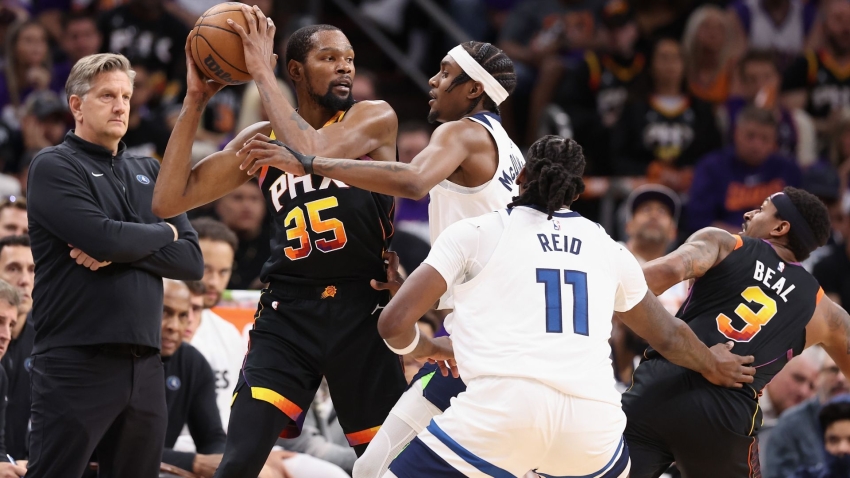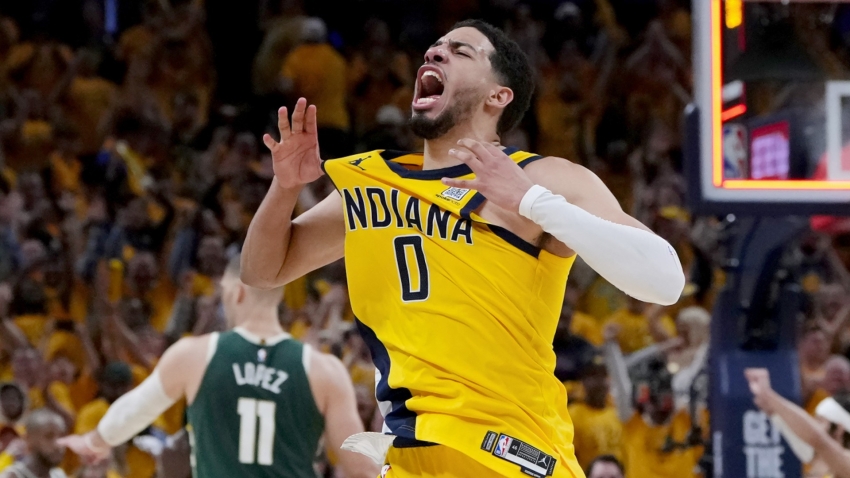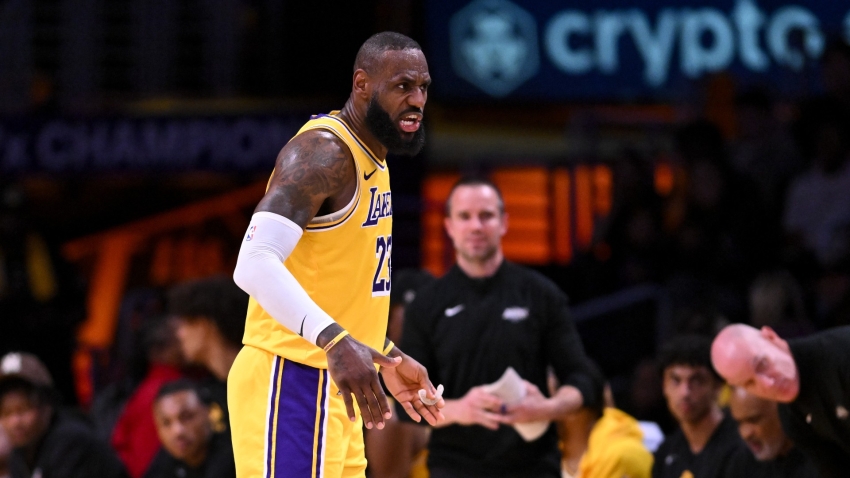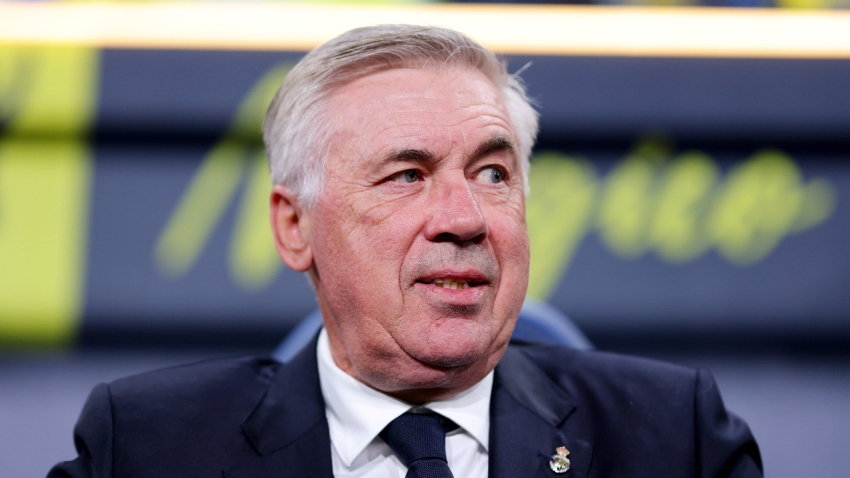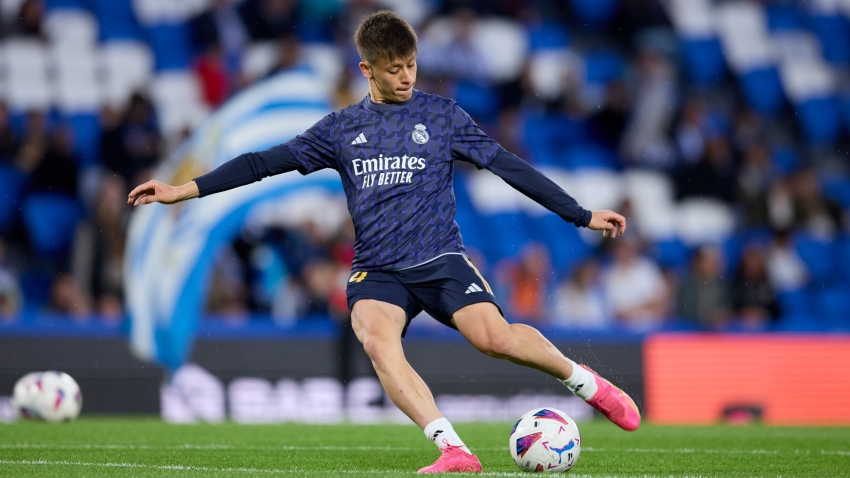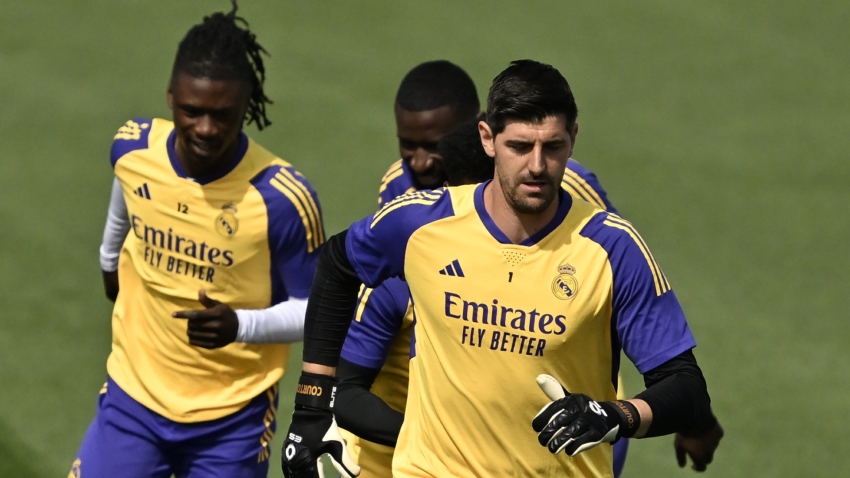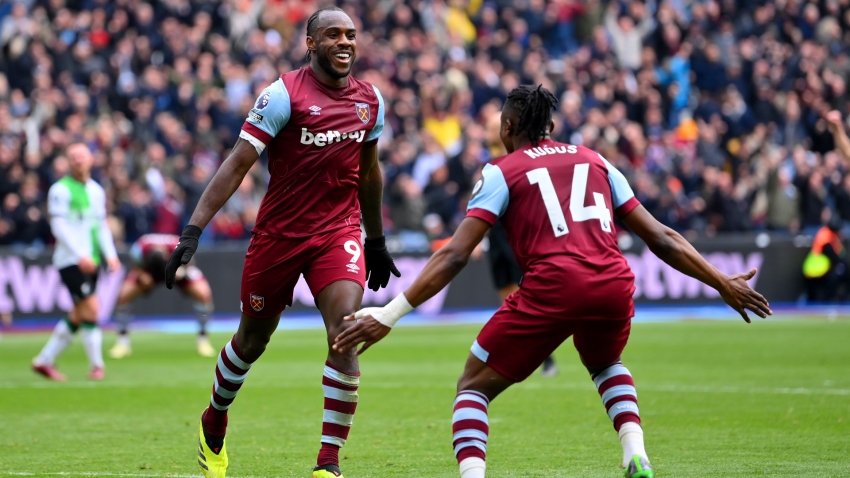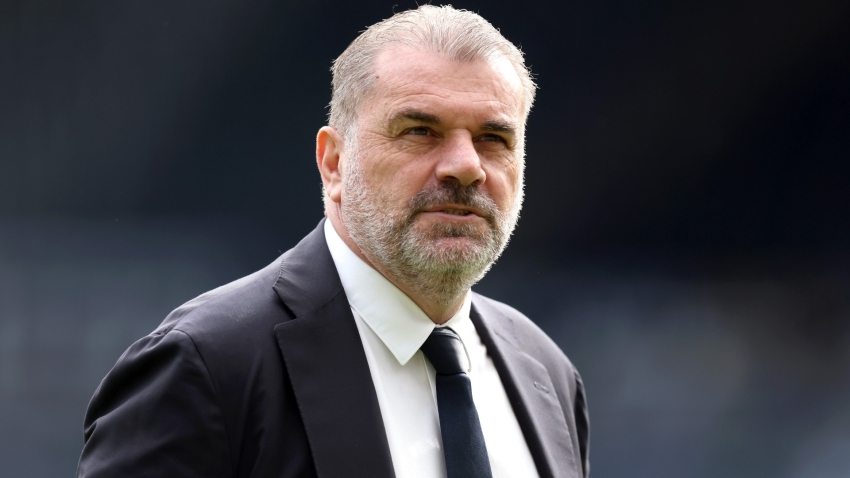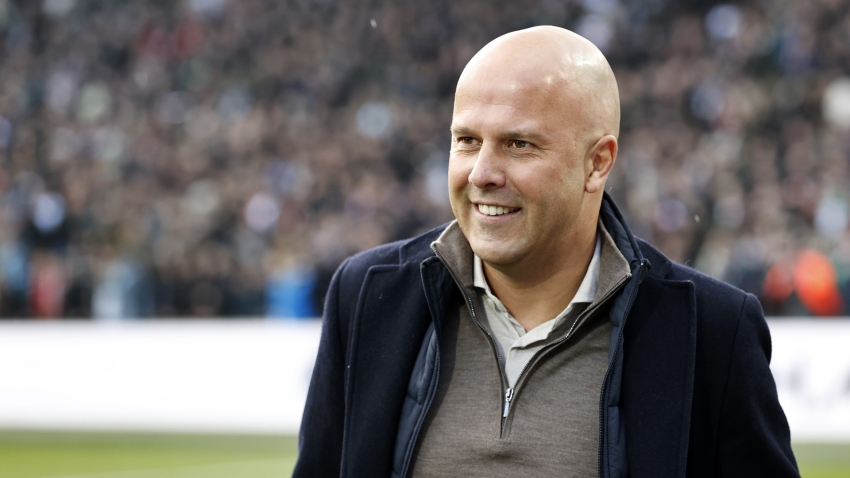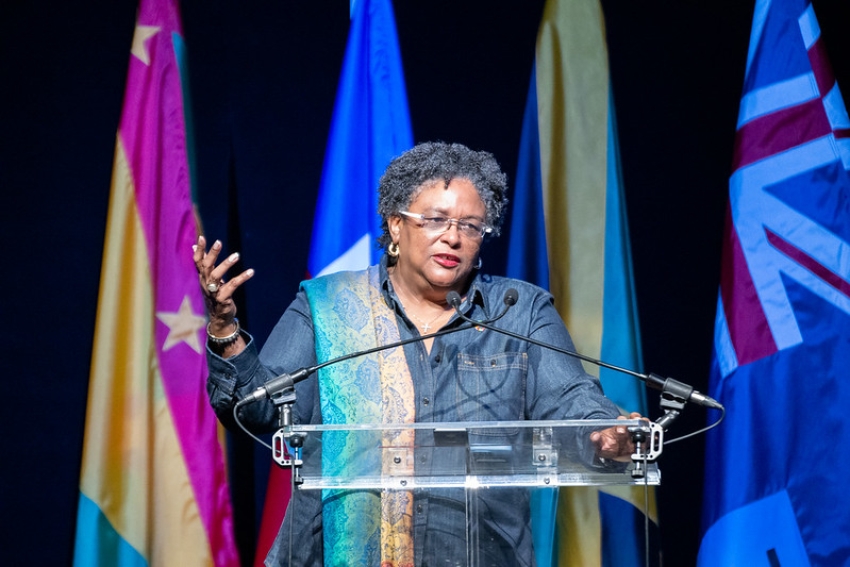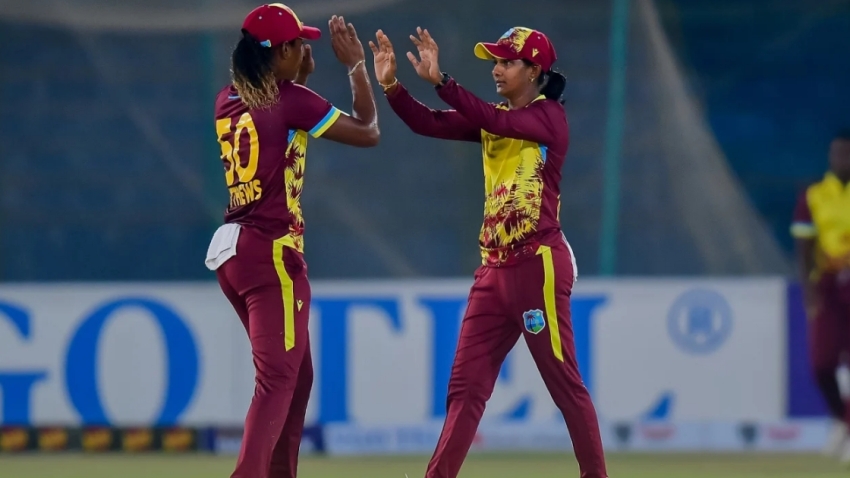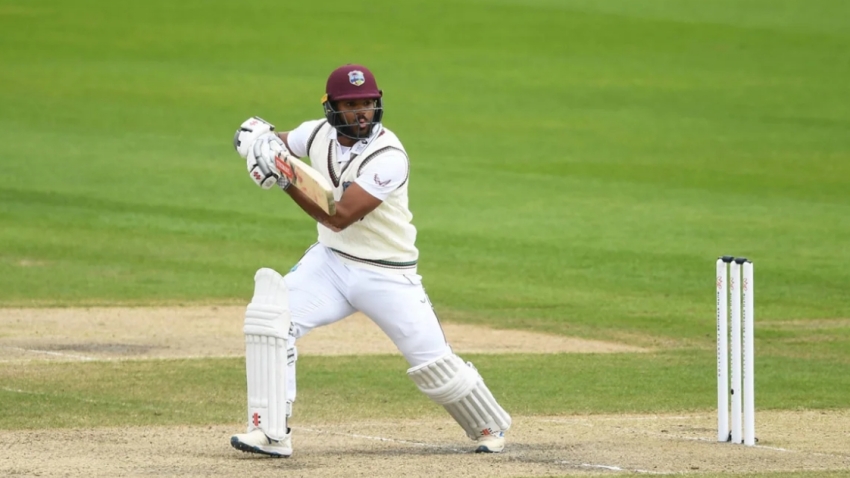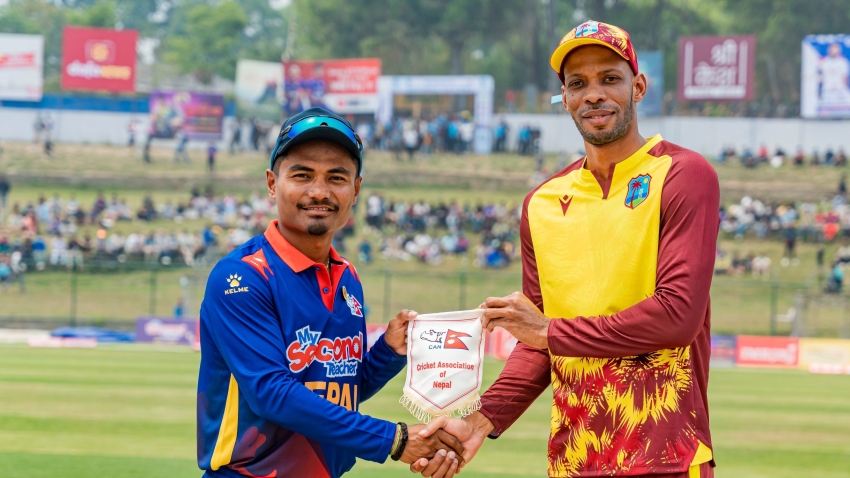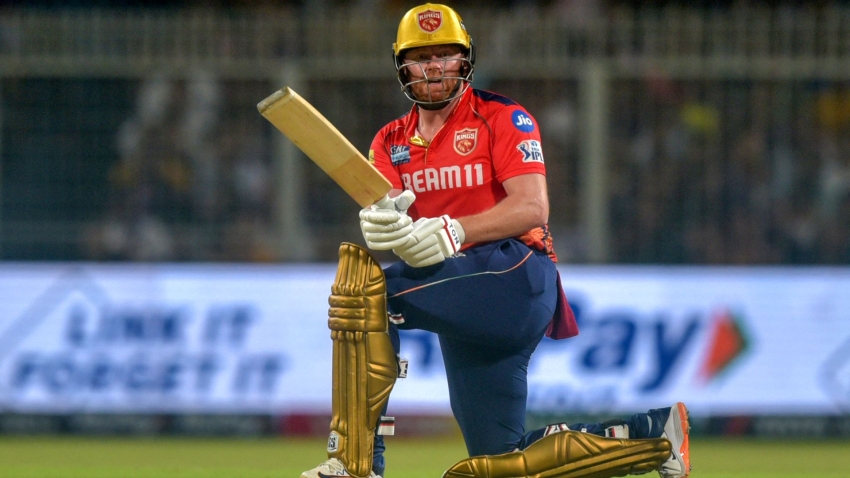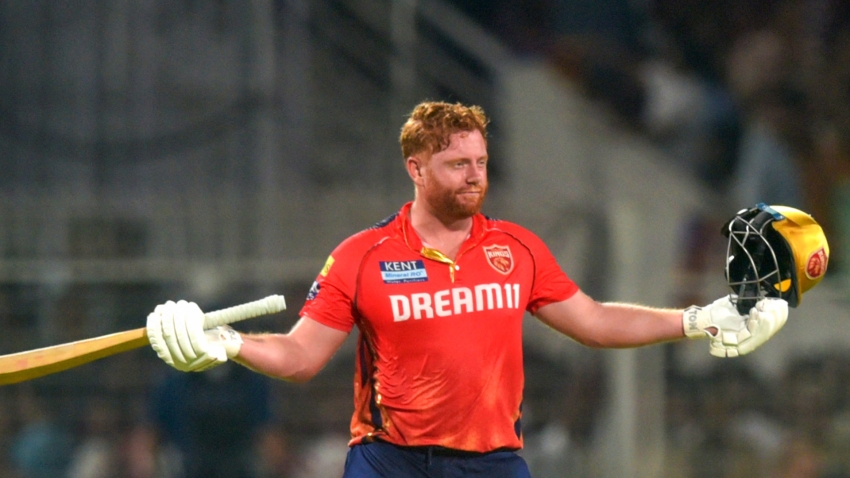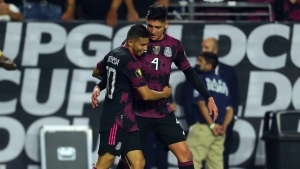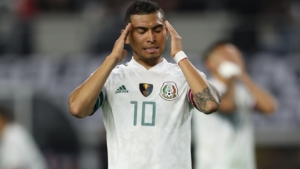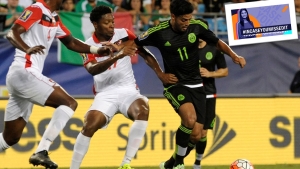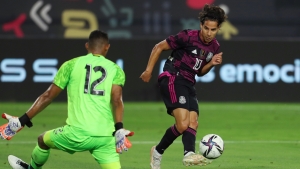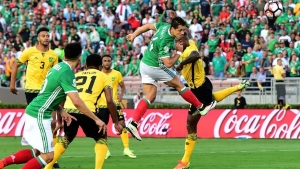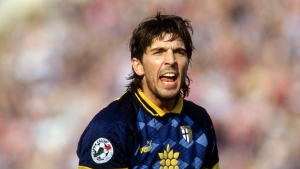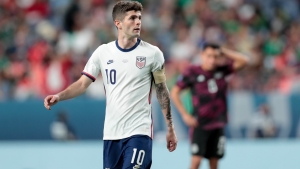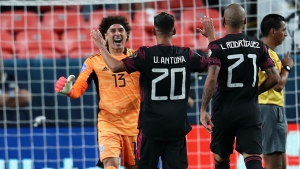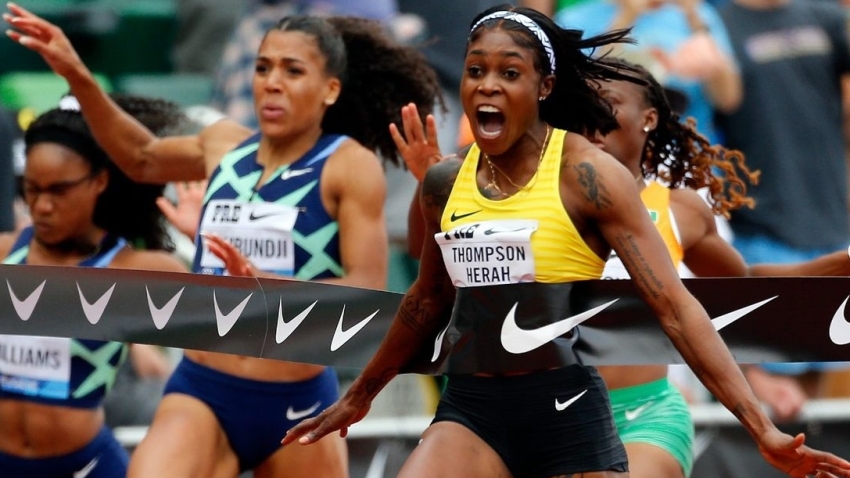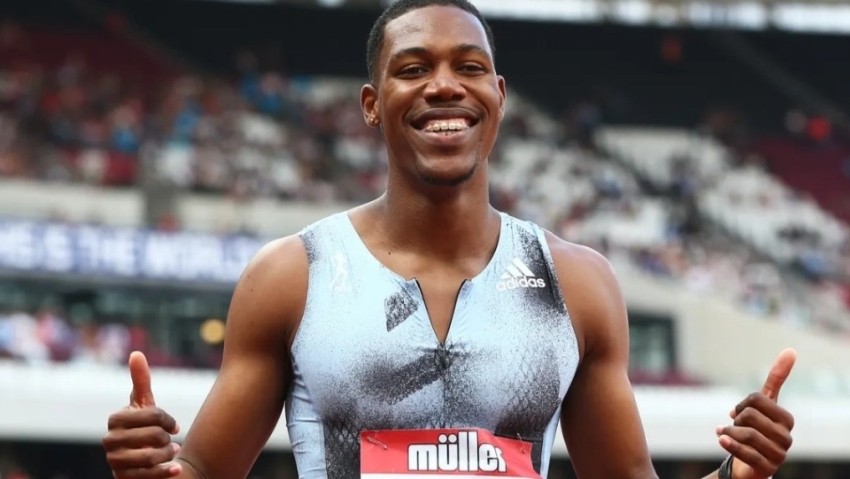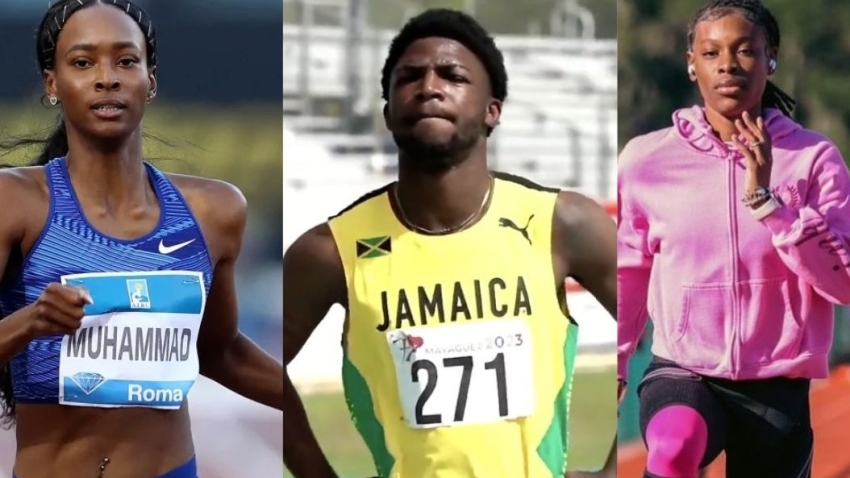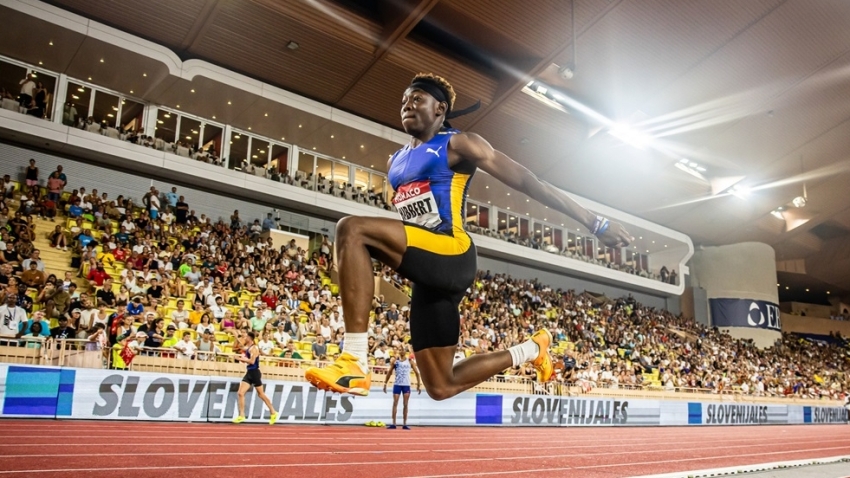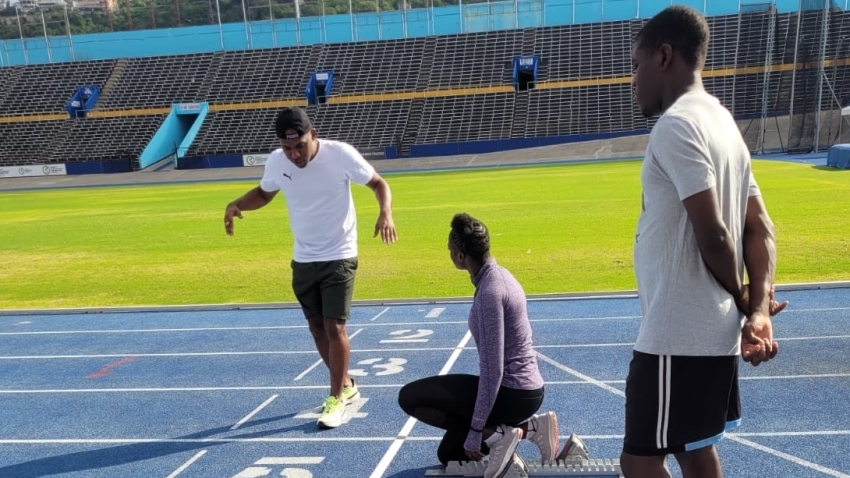When we look ahead to the Olympics, we usually think about track & field sports, swimming, cycling, maybe even wrestling and boxing.
Given it dominates so much of the sporting agenda for the rest of the year, football may not be among those sports we initially associate with the Olympics, but it has offered numerous stars the opportunity to show their talents to a global audience and to potentially take home a coveted medal.
Of course, the Olympic football tournament is geared more towards lesser-established players, given the age-restriction rules in place.
While teams are usually allowed no more than three players over the age of 23, that age limit has been increased to 24 so not to penalise those around the cut-off who may well have missed out as a result of the 12-month delay caused by the coronavirus pandemic.
Superstars such as Neymar, Kylian Mbappe and Lionel Messi may be missing, but there are still plenty of familiar faces. Barcelona's Pedri will be involved after starring for Spain at Euro 2020; Brazil great Dani Alves is joined by Arsenal and Everton forwards Gabriel Martinelli and Richarlison; and dynamic Milan midfielder Franck Kessie will be the Ivory Coast's go-to man.
But there are plenty of other relatively unheralded talents ready to make you sit up and take note. Below, Stats Perform takes a look at 10 of them.
Facundo Medina, 22, centre-back – Argentina
It's fair to say Lens defender Medina has enjoyed a rapid rise to prominence. The French side brought him in from Club Atletico Talleres just last July and he's already being mentioned as a potential target for clubs like Manchester United.
While he may not be the most physically imposing central defender, he's a good technician, which is demonstrated by his ease on the ball – only three Ligue 1 centre-backs (more than 1,000 minutes played) embarked on more ball carries per 90 minutes (20) than Medina, while his average of 56 successful passes per game was more than any of his team-mates.
Bryan Gil, 20, winger – Spain
La Roja's squad is packed with familiar names – as many as six were at Euro 2020, and that doesn't include the likes of Marco Asensio, Carlos Soler and Dani Ceballos. But of the players with less global recognition, old-fashioned left-winger Bryan is arguably the most exciting.
He just completed a very encouraging loan spell away from Sevilla with Eibar, where his direct and brave style of play was frequently on display, with only Lionel Messi, Javi Galan and Yannick Carrasco attempting more dribbles than him (132). In January he became only the second player born this century to score a LaLiga brace, and he won his first senior Spain caps this year.
Diego Lainez, 21, winger – Mexico
It feels like Lainez has been tipped for a big future for a long time now – after all, he first burst on to the scene with Club America four years ago. Two-and-a-half years into his time in LaLiga with Real Betis, he's yet to really establish himself with only 13 of his 48 league appearances coming as a starter. He's still not scored a goal.
But there's no doubting he's a talent. In 2020-21, he attempted a dribble every 17 minutes, which was a record among Betis players and ahead of even Nabil Fekir (21 mins). Lainez is an entertainer and clearly gifted, but perhaps lacking consistency in his end product. Who knows, as one of the more talented players in the Mexico squad, being seen as a go-to player may aid his quest for maturity.
Teji Savanier, 29, central midfielder – France
Savanier is the odd one out in this list, given he's the only one who actually counts towards an over-age quota, though it could be argued that it's to players like him that playing at the Olympics may matter the most. Savanier's never even played for France's youth teams, let alone the senior side, and he only made his top-flight bow as recently as 2018, but he's one of those central midfielders that's a joy to watch with his wonderful ability on the ball.
He has completed 58.4 per cent of his 279 dribbles in Ligue 1 since July 2018, which is bettered by only three players (more than 150 attempts) in the same period. For greater context, Neymar's completion rate in that time is 52.5 per cent. Savanier should also provide France with a threat at set-pieces, as only Benjamin Bourigeaud created more chances (40) from such situations than the Montpellier star (37) in 2020-21.
Thiago Almada, 20, attacking midfielder – Argentina
La Albiceleste's squad boasts numerous talented young attacking players – Ezequiel Barco, Pedro de la Vega, Ezequiel Ponce, but Almada's arguably rated highest of the lot.
A diminutive attacking midfielder from Carlos Tevez's old neighbourhood in Buenos Aires, Fuerte Apache, Almada is skilful, explosive and creative. Among players born this century, Almada boasts the best chances created per game frequency (two) in the Copa Libertadores (at least two games played) this season, as well as being the youngest player to have netted at least twice in the competition in 2021.
Claudinho, 24, forward – Brazil
All roads point to Europe for Claudinho, who looks poised to be the first major export of Red Bull Bragantino, the energy drink giant's Brazilian club. While no move has been confirmed yet, it seems only a matter of time before RB Leipzig look to bring him over to Germany.
After all, he was the joint-top scorer in the 2020 Brasileirao (18 goals), with his finishing abilities highlighted by the fact a league-high seven of those were scored from outside the box. Claudinho also created 25 more chances than anyone else in the division, and scooped both the Young Player of the Year and MVP awards.
Nathanael Mbuku, 19, winger – France
He may not necessarily be a starter for Les Bleus, given they've plenty of attacking talent in the squad, but at the very least left-winger Mbuku could be an interesting option from the bench. Reims are reported to already value him at €15million, and he has previous when it comes to excelling in national team colours – he netted five goals in six games as France finished third at the 2019 Under-17 World Cup.
Mbuku enjoyed a smattering of Ligue 1 appearances that season, though it was in 2020-21 that he truly established himself, making 28 starts – that was tied with Eduardo Camavinga for the most by a player born in 2002 or after. He caught the eye with his ability to beat a man, completing a highly respectable 58.1 per cent of his 74 dribbles last term, a completion rate bettered by only 10 players who attempted at least 70.
Felix Uduokhai, 23, centre-back – Germany
Wolfsburg plucked Uduokhai from 1860 Munich in 2017 with much expected of him. He fell well out of favour in his second season before moving on loan to Augsburg, who triggered their purchase option on him last year. Since moving to Bavaria, he's hardly looked back.
He earned his first senior call-up to the Germany team in November and now there is chatter that some of the Bundesliga's biggest clubs are circling for him again. Whoever gets Uduokhai will land an imposing centre-back whose 102 aerial wins was the fourth-highest in the league last term, while only Amos Pieper (160) bettered his 157 clearances.
Brenno, 22, goalkeeper – Brazil
For years, goalkeeper was considered the only position where Brazil struggled to develop world-class players, though Alisson and Ederson have firmly disproved that notion and Brenno could be another to keep an eye on.
In the 2021 Brasileirao, Brenno is averaging the fourth-most amount of saves per 90 minutes (3.5) among those to have played at least four times, and is reportedly interesting Portuguese clubs. A solid showing in Japan might see a potential transfer sped up.
Amad Diallo, 19, winger – Ivory Coast
Manchester United fans will be eager to get a good look at Amad during the Olympics, given they only got glimpses of him in 2020-21 after joining from Atalanta. Amid those eight appearances, he certainly showed flashes of his exciting ability and silky footwork, but they will hope to see some performances of a little more substance.
As much as anything, it could be an opportunity for Amad to earn himself a loan move or prove to Ole Gunnar Solskjaer he's worth keeping around. Jadon Sancho's arrival will likely further impact his exposure to first-team football, but impressing in Japan might encourage his manager to use him as a regular back up to the England international, with Mason Greenwood moved into a central position.


